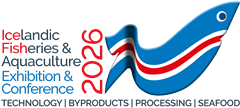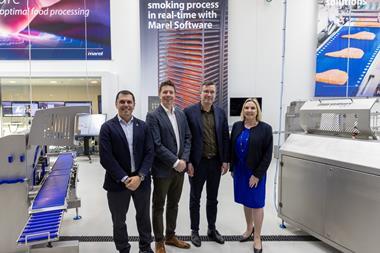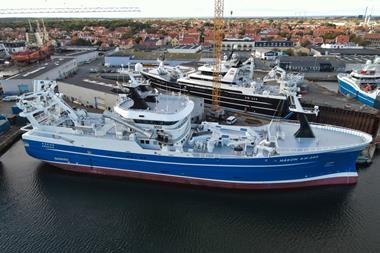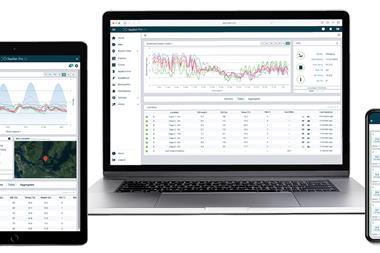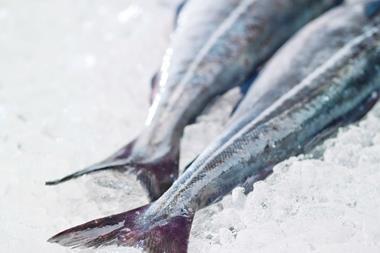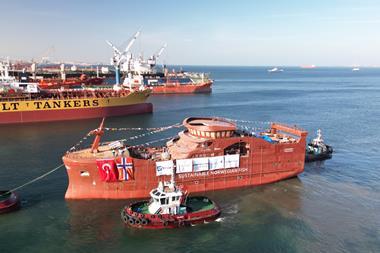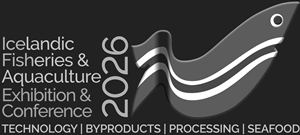Cape Town, South Africa-headquartered Africa Catchgreen, in partnership with GAIA Biomaterials, has developed the PBS-based, biodegradable polymer, Biodolomer Ocean. This new polymer is being trialled as a spun rope and a replacement for traditional nylon and HDPE fishing gear in order to reduce the negative impacts of ALDFG or “ghost fishing” through its capacity to be metabolised into harmless biomass at its end-of-life.
Polybutylene succinate (PBS) has been shown to biodegrade into water and carbon in multiple environments, including compost and marine sludge/sediment. This occurs in a two-step process whereby hydrolysis on the surface removes monomers/oligomers, which are then metabolized in a reaction catalysed by the naturally occurring enzyme PBSase.
Previous research into PBS-based fishing gear has shown degradation after approximately 24 months and some loss in fishing efficiency for some applications after heavy use. Catchgreen is focused on overcoming these efficiency losses through selective replacement of net parts with Biodolomer Ocean to retain efficiency, application-tailored formulas, and exploring fishery sectors we believe the current product will be well-suited to.
Lab testing of Biodolomer Ocean has been conducted with SINTEF in Norway, with promising preliminary results. Extensive further testing is planned and will determine exactly how, and how quickly Biodolomer Ocean degrades, in different marine environments.
Similar compounds have shown a usable life span of two years and an ultimate degradation rate strongly influenced by local environmental factors. Data from the further tests in real ocean conditions is crucial to determining the suitability and potential changes that may need to be made to our formula for future commercial production of Biodolomer Ocean.
Additionally, pilot projects are underway to see how Biodolomer Ocean performs in various applications, with many partners trialling the project across varied industries.
Exhibiting for the first time at IceFish 2024 (stand SBZ12), Catchgreen said it is confident that variations of the current version of Biodolomer Ocean will perform well in its pilots in kelp and seaweed farming, coral restoration, and modified gillnets, and that this will open up large markets. It also hopes future grades will be suitable for other mode advanced applications including trawl and full gillnets, and it recognises that due to the complex nature and high-performance requirements of these nets, further refinement may be required to create a grade with greater strength.
A large-scale production run is scheduled for early 2024 to make Biodolomer Ocean available for more piloting, the most ambitious of which is a trawl net for use in South Africa.
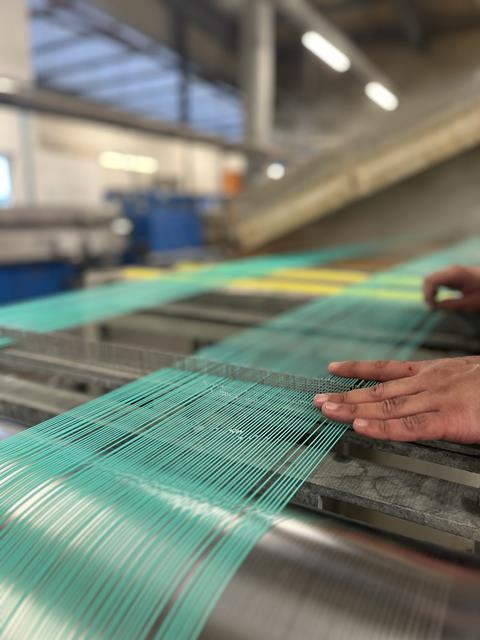
[Catchgreen.jpg] Caption: PBS is a promising aliphatic polymer that can naturally biodegrade through various routes, including digestion by ocean microbes
